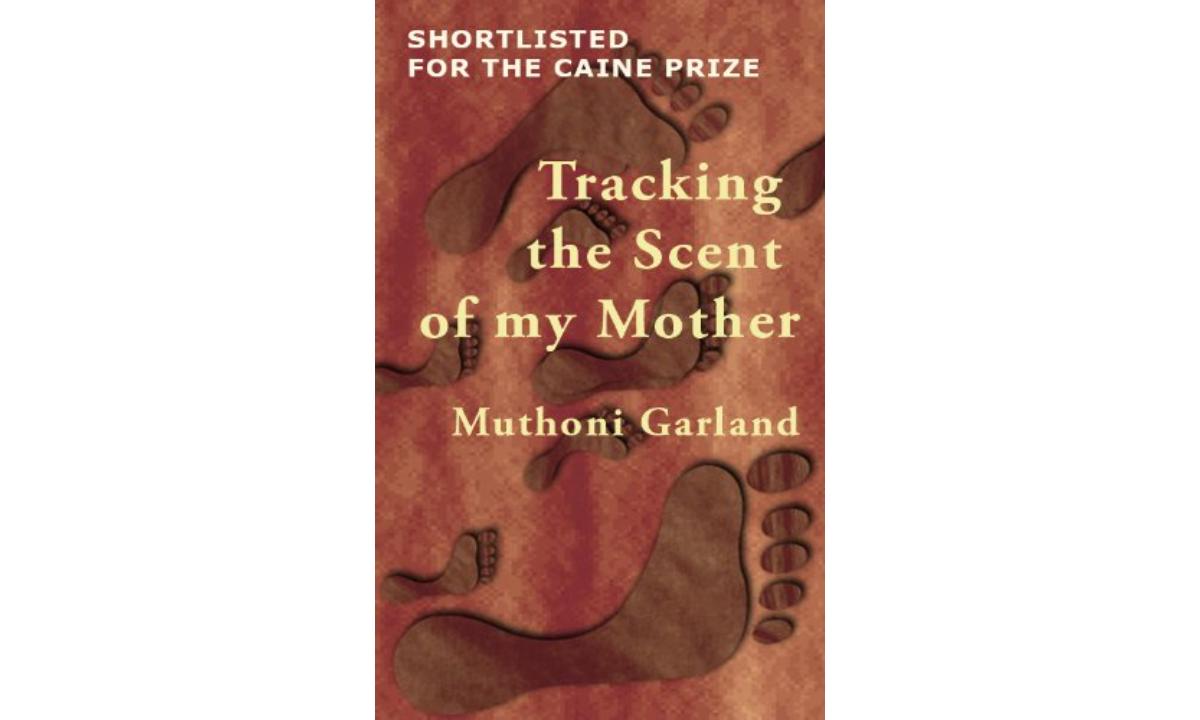

The book follows a journey of remembering, of stitching together fragments of a mother’s life, of the smells, sights and whispers that linger long after she is gone. From the first page, there is intimacy, as though the author has opened not a book but a door. The prose is thick with sensory detail. Scent, especially, acts as a compass. Kerosene, Lifebuoy soap, earth after rain — each is treated like an artefact of maternal presence.
What struck me most is how insistently personal this book feels, while still leaving space for the reader. It does not ask us to merely observe grief, it invites us to inhale it, taste it, recoil from it. Reading it, I found myself unearthing my own forgotten triggers. The sharp tang of mothballs that clung to my grandmother’s wardrobe, the faint lavender of my mother’s lotion. The book insists we all have these catalogues of scent hidden inside us, and it dares us to open them.
The narrative voice shifts constantly: tender, furious, childlike in wonder. In one moment, the author observes a mother’s laughter like a skipping stone that can never quite sink. In another, rage erupts at silence and absence. This uneven rhythm mirrors grief itself. It is not linear, and the book never pretends otherwise.
There are passages that feel almost incantatory. The repetition of certain phrases, the circling back to particular memories, the way one image spills into the next… This creates a sense of spiralling rather than progressing. I sometimes lost track of where in time we were, but the disorientation felt intentional, as though we are meant to experience memory as it truly arrives: non-linear, unpredictable, incoherent.
The book is also a meditation on inheritance, what we carry forward when someone we love is gone. More importantly, it is about the invisible inheritances: gestures, values, fears, even scents that cling without permission. There is aching honesty in the way the author admits to both treasuring and resenting these inheritances. Love and loss entwine, never neatly separated.
As I read, I kept thinking about how rare it is to encounter a book that trusts its readers to feel without over-explaining. Many memoirs labour to ensure every scene is understood, every theme tied. Here, we are left with fragments, sometimes jagged, sometimes smooth, and asked to hold them without fitting them into a puzzle. That choice makes the book not just one person’s story but a meditation on how all of us hold the people we lose.
Still, what lingers most are the silences between words. The book is punctuated by pauses, ellipses, moments where it seems even the author cannot quite speak. Those silences felt the most true. Grief is often unspeakable, memory incomplete, and this book does not try to mend the gap. Instead, it dwells there, and in so doing, creates something profoundly human.
By the final page, I realised I had been holding my breath. The book does not end with closure. Instead, it leaves us suspended, still tracking, still searching. That refusal to ‘wrap things up’ is, I think, the author’s final gift: the recognition that some losses never resolve, they only transform.
Yet, stepping back from the haze of its poetry, I must admit there were moments where the book stumbled. Some thoughts appear without grounding, sudden tangents that read more like diary entries than crafted prose. In those sections, I found myself rereading, trying to connect the thread, sometimes unsuccessfully. This randomness can be disorienting, occasionally breaking immersion. Still, even in unevenness, there is honesty, because memory itself is messy, random, hard to follow.
In the end, Tracking the Scent of My Mother is a beautiful, flawed, unforgettable book. It is not a straightforward read, but it is a true one. It demands patience, and in return, it offers a deeply textured meditation on love, absence and the ways our senses keep the dead alive in us. If you are willing to follow its winding path, you may find yourself, as I did, not just tracking the scent of the author’s mother, but stumbling upon the lingering traces of your own loved one.













